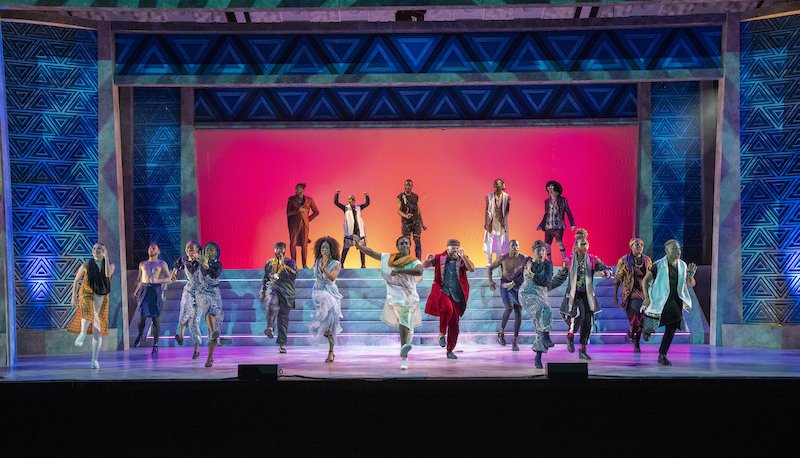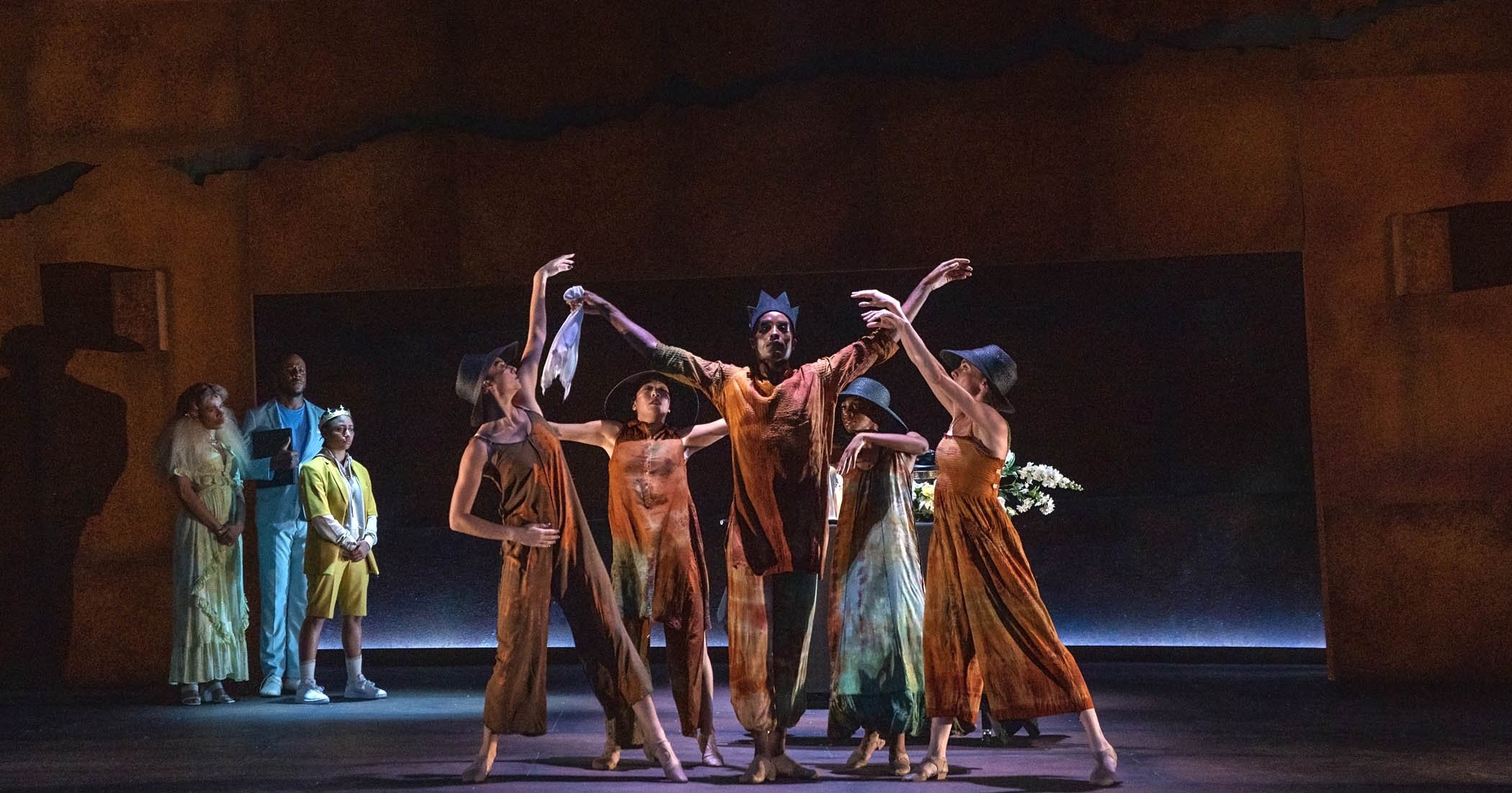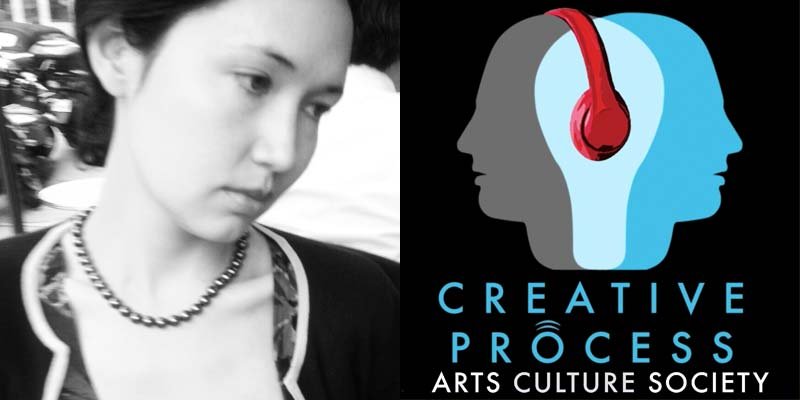The Classical Theatre of Harlem provides theatrical productions, educational and literary programs for free or at little cost to Harlem residents, organizations, and all who seek Harlem as a cultural destination. Its productions have received a Drama Desk, OBIE, and New York Times Critics Pick Awards. From July 5th to 29th they bring an Afrofuturistic take on Twelfth Night to Marcus Garvey Park.
NAACP and OBIE Award Winner, Ty Jones is Producing Artistic Director responsible for creating the Uptown Shakespeare in the Park series and other community initiatives.
Allen Gilmore has played Othello, Iago, and created the role of James Hewlett in The African Company presents Richard The Third at the Public Theater. He makes his CTH debut in Twelfth Night.
TY JONES
I believe that these plays are living arguments and that when you actually read the full text, not cut down versions of them, but the full text, you'll see that Shakespeare was commenting on the ruling class, and for some reason, he found a way to comment on the workings of folks who make decisions in society. Now, I think what's tended to happen over the years is that the ruling class has essentially taken over how we see these plays… We hope that we can move people, and we hope that these are the kind of plays that ignite discourse. I hope that at the end of seeing that piece of art, their hearts begin to beat in sync. I believe all progress begins with a conversation.
I am a person that my taste, my aesthetic is to always put music and dance in a theatrical production. That's just what I like to do. And in terms of this play Twelfth Night, the spark that creates the whole flame is that very line, "If music be the food of love, play on." And music is threaded throughout this entire play. I think that every human being, regardless of your taste, connects to music in some way, and that connection to music - again, how we are far more alike than we are different - that's what's so beautiful about this play. And that's what I love about music.
During the summer, we invite Young People's Chorus of NYC, Chamber Music Center of NYC, Jazz Mobile, Harlem Opera, Harlem Chamber Players to do pre-shows. It's one of these things where I think it's important that multiple cultural organizations have to know that we're all essentially singing from the same sheet of music and being of support to one another.
ALLEN GILMORE
This folds right back into what we were talking about before, about who's in power and what are they doing with that power. And so this story about who's in power and who's not. There's plenty of beautiful music, beautiful clothes, visually it's stunning, there's comedy, and then there's drama, and pathos.
When I look at a play, I always say, "Something's out of balance in this universe as we begin the play. And that's what the playwright is going to tell us, teach us, discuss, and they're going to finish in a place where nine times out of 10 the universe has set itself in some different way, usually in balance.” Not always, but these Classical plays, and especially what is considered academically as a comedy, usually end in some sort of even note balance. Shakespeare, of course, is going to be different.
Photo credits: Lia Chang, Jill Jones
Twelfth Night photo credit: Richard Termine
This interview was conducted by Mia Funk & Lauren Chineme with the participation of collaborating universities and students. Associate Interviews Producer on this podcast was Lauren Chineme. Digital Media Coordinators are Jacob A. Preisler and Megan Hegenbarth.
Mia Funk is an artist, interviewer and founder of The Creative Process & One Planet Podcast (Conversations about Climate Change & Environmental Solutions).


















































































